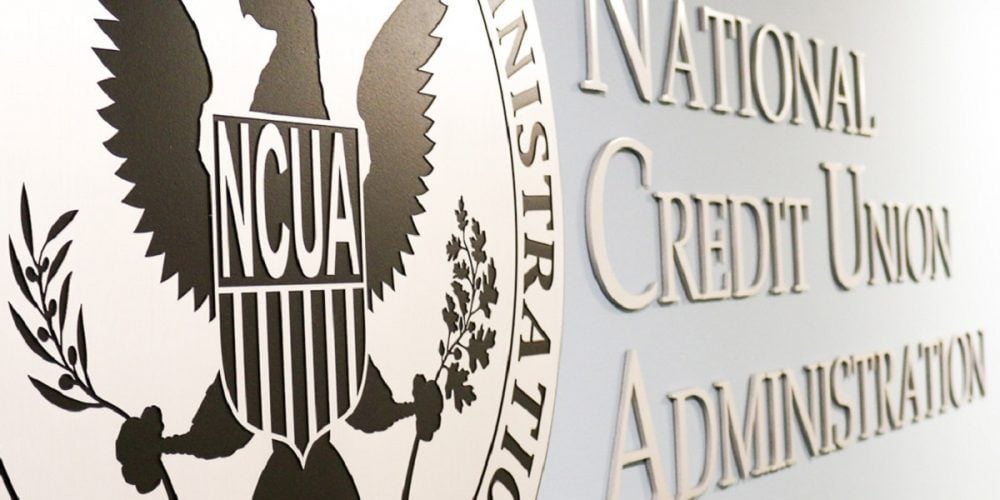A closer look at NCUA ruling to extend overdraft charge-off limit
Updated policy designed to help credit unions meet members’ evolving needs

As consumers continue to struggle to make ends meet during the current economic crisis, regulatory agencies are examining rules and regulations to ensure credit unions have the strategies and tools they need to meet their members’ changing financial needs. During its December 2020 meeting, the National Credit Union Administration (NCUA) approved a Proposed Rule that amends 12 CFR § 701.21(c)(3). The proposal will modify the maximum time a Federal Credit Union (FCU) may allow a member to cure an overdraft.
In the current rule, FCUs must have a written policy that establishes a time limit not to exceed 45 calendar days for a member to either deposit funds or obtain an approved loan to cover each overdraft. Given the extraordinary challenges COVID-19 poses, the NCUA has been concerned that this time limit “has and will continue to be especially detrimental for FCUs and their members.” The rule change removes the prescriptive 45-day limit and replaces it with a requirement that the written policy establish a specific time limit for curing an overdraft that is both “reasonable and applicable to all members.”
This action will remedy a discrepancy between the 45-day limit imposed on FCUs for curing an overdraft and the Interagency Guidance on Overdraft Protection Programs, adopted by NCUA in 2005. This guidance suggested a maximum of 60 days before an overdraft is charged-off. As the pandemic continues, the policy modification also demonstrates the NCUA’s effort to increase FCUs’ flexibility to take positive and proactive actions to manage or mitigate adverse impacts on members, while maintaining safe-and-sound operations.
continue reading »
